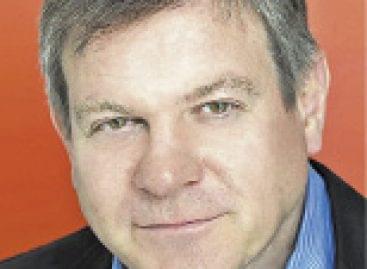Fitch: the big emerging economies pull the world economy back
In its latest Global Economic Outlook (GEO) Fitch Ratings forecasts the global economy will grow by just 2.3% in 2015, the weakest since the global financial crisis in 2009, dragged down by a recession in Brazil and Russia and a structural slowdown in China and many emerging markets (EM). We forecast a pick-up to 2.7% in 2016 and 2017 as growth recovers somewhat in EM. Growth in major advanced economies (MAEs) is forecast to strengthen to 2% in 2016, the fastest since 2011.
Fitch's global growth forecast (which is weighted at market exchange rates) has weakened marginally (by 0.1pp for 2015, 0.2pp for 2016 and 0.1pp for 2017) since June's GEO, due entirely to EM revisions.
Although the Fed left its key interest rate unchanged at its September meeting we still expect the Fed to start the global monetary tightening cycle before end-2015, followed by the Bank of England. The pace and extent of the tightening will be subdued by historical norms. Fitch forecasts the key US policy interest rate to average 0.8% in 2016 and 1.6% in 2017. The ECB and the Bank of Japan will continue their QE programmes. (MTI, Kertész Róbert)
Related news
European Tofu Market Expected To Pass $2 Billion By 2034
🎧 Hallgasd a cikket: Lejátszás Szünet Folytatás Leállítás Nyelv: Auto…
Read more >Not a turnaround, but consolidation: an agricultural outlook for 2026
🎧 Hallgasd a cikket: Lejátszás Szünet Folytatás Leállítás Nyelv: Auto…
Read more >Equilibrium Institute: GDP growth this year, but consumption remains the driving force
🎧 Hallgasd a cikket: Lejátszás Szünet Folytatás Leállítás Nyelv: Auto…
Read more >Related news
MBH Analysis Center: The Hungarian economy may accelerate again in 2026, but the Iranian war carries serious risks
🎧 Hallgasd a cikket: Lejátszás Szünet Folytatás Leállítás Nyelv: Auto…
Read more >Cultured beer consumption is at the forefront: quality and shared experience
🎧 Hallgasd a cikket: Lejátszás Szünet Folytatás Leállítás Nyelv: Auto…
Read more >The 2026 Jedlik Ányos Awards have been presented
🎧 Hallgasd a cikket: Lejátszás Szünet Folytatás Leállítás Nyelv: Auto…
Read more >









